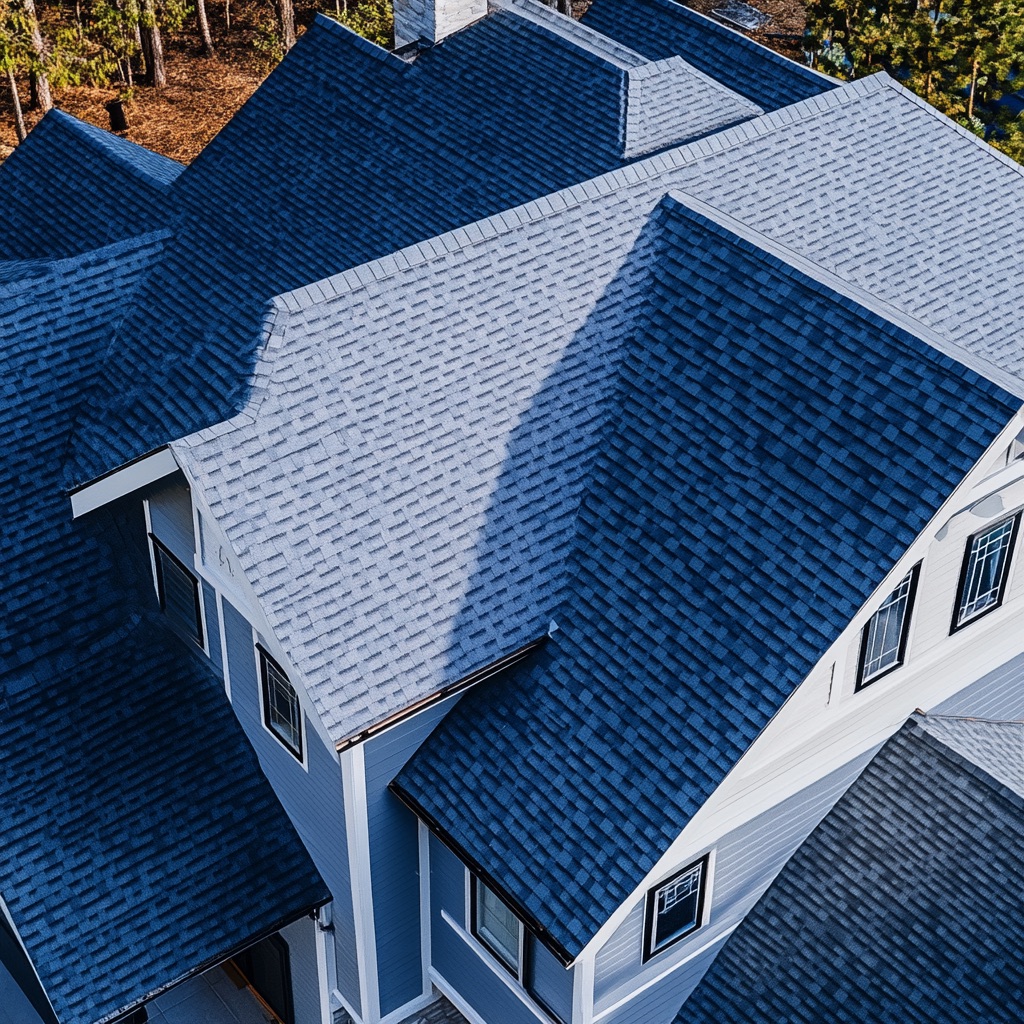Last updated on
Here are only the worst ways water can damage your property. It is important to know them as well as how to prevent them.
While certain causes of water damage, such as storms, cannot be prevented, property owners may take actions to prevent damage from other sources and to lessen the effect of weather-related water damage.
Because this sort of damage accounts for over a quarter of all homeowner property losses, taking these precautions is a good investment of homeowners’ time and money.
In many situations, homeowners are left to deal with water-related damage on their own because their insurance policies either do not cover the damage or they fail to take the essential steps to retain their coverage.
Water may cause a multitude of problems in your house. The first step in making wise decisions about preserving your most important property is identifying these hazards and comprehending the harm they may cause to your house.
Water damage happens when excess water collects in parts of your property where it should not be. Water may harm your property in a variety of ways, including eroding mortar and adhesives, causing the wood to decay, promoting mold development, generating unpleasant scents or odors, and causing drywall.
Roof Issues
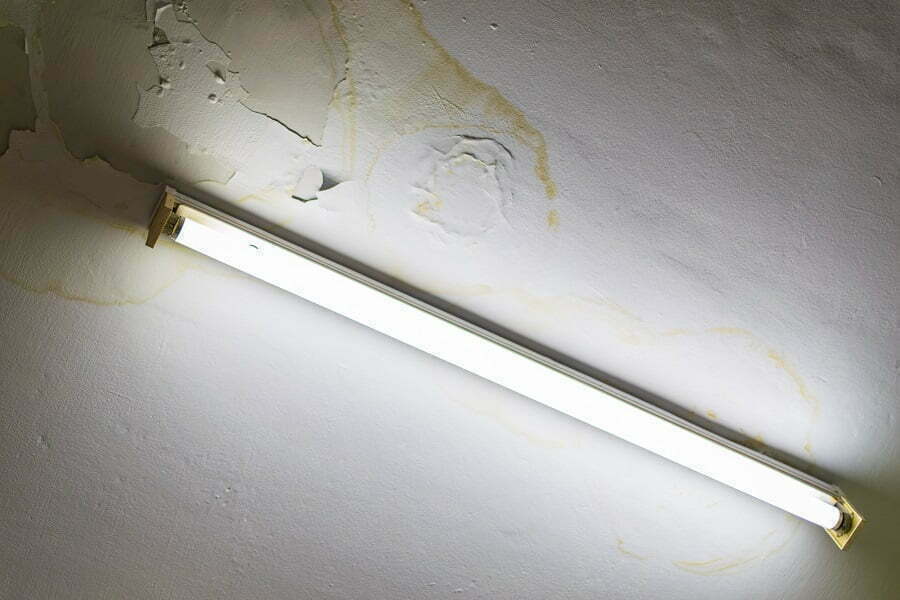
Roof leaks are a significant source of water damage and can lead to costly complications. A leaking roof can cause wood buildings to rot and mildew to grow, pose a fire danger if wires in the attic are short, and undermine the internal structure of your home.
Roof leaks should be found and repaired as soon as possible. You should examine your roof for damaged shingles on a regular basis, and you should also sweep debris from your rooftop and gutters to prevent water from gathering on the roof.
It is also critical to understand when to repair your roof. The average roof is intended to last 20 to 30 years.
Leaky Pipes
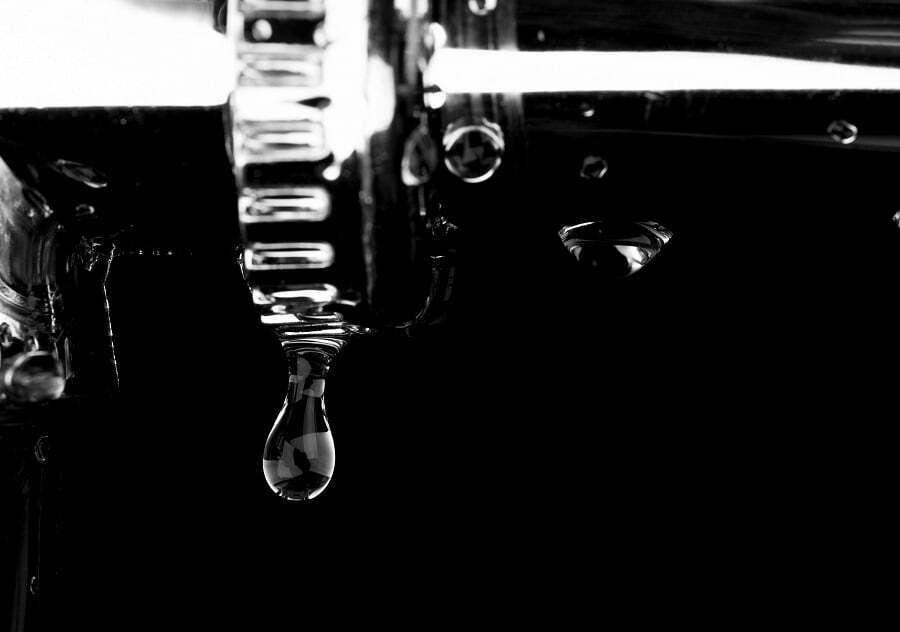
Damage produced by damaged or leaky water pipes is one of the most prevalent and expensive types of water-related damage. Because many pipes are hidden, homeowners sometimes fail to discover a problem until water damage appears or they receive an unusually high water bill.
These damp proofing specialists in London advise you to look for help from professionals, as more and more companies are offering the service of complete waterproofing. Look for local companies with experience, and you’ll find a number of well-equipped companies handling such issues with the needed care and expertise.
Water-related damage may be avoided by inspecting your home’s pipes on a regular basis and acting quickly to repair broken or leaky pipes. Wrapping your external pipes properly in the winter will help avoid burst pipes.
Repairing water leaks prevents not only potential water damage to your property but also has a significant impact on your monthly water bill.
Household Appliances That Aren’t Working
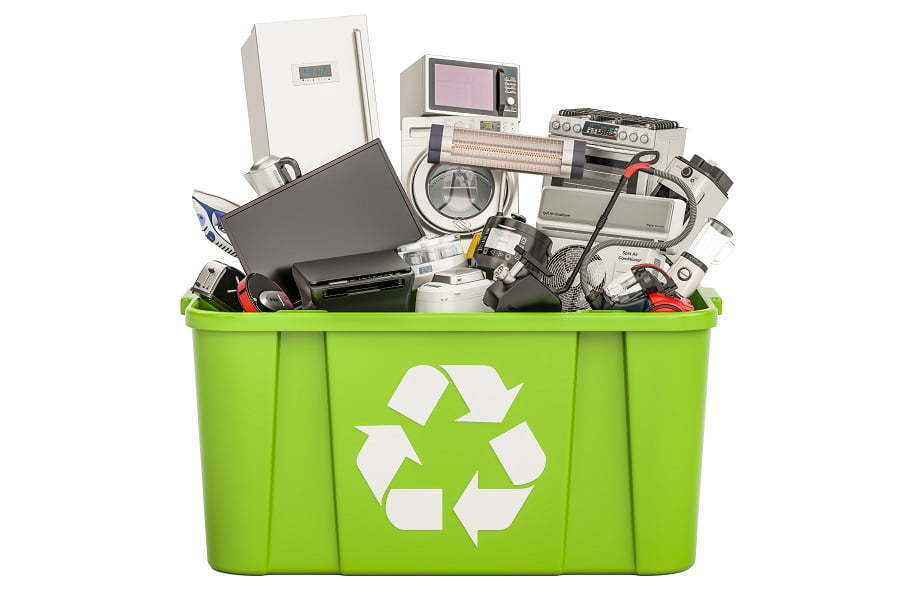
As your water-related home equipment ages, it may develop issues that might lead to water leaks. Rubber or plastic seals may deteriorate, hoses may become loose and split, and pipelines may corrode.
Consider the age of your washing machine, dishwasher, or refrigerator. Is it possible that years of use have caused degradation at this point?
Appliances such as dishwashers, water heaters, freezers, and washing machines should be inspected on a regular basis for suspected leaks.
If you do have a leak, you might be able to fix it using new components. If not, be prepared to replace the appliance or risk water damage to your property.
Mold
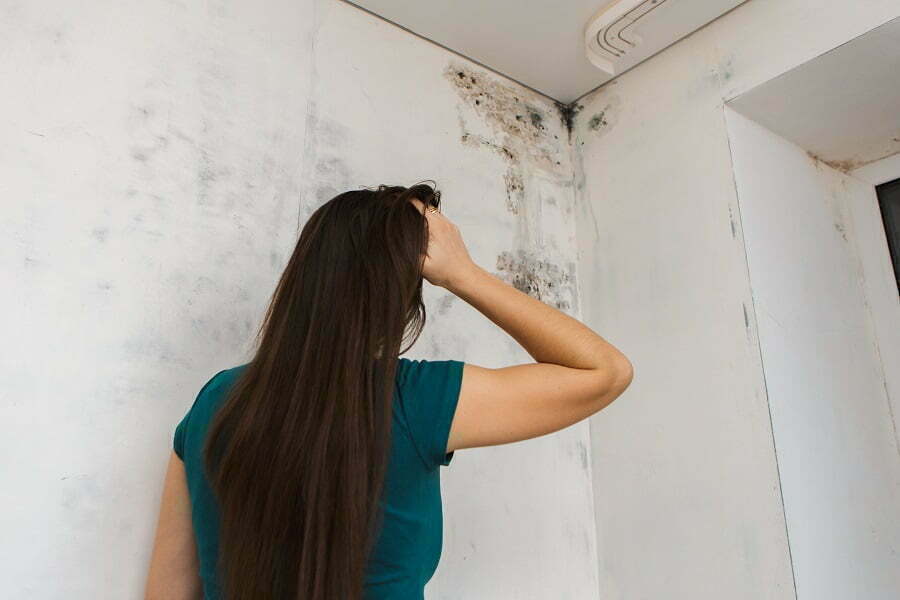
Excessive water in your house might produce an atmosphere conducive to mold growth. Mold may cause structural damage to your property as well as pose a health risk to its occupants.
Mold may grow in almost any place in your house, but it prefers crawl spaces in particular. It may cause deterioration in wooden buildings as well as unattractive stains and unpleasant scents if it emerges in your house. It also may be dangerous to one’s health because it has been connected to allergies, respiratory disorders, and even cancer.
People with chronic lung diseases are especially vulnerable if they reside in a house with mold. Mold exposure has been shown to induce respiratory difficulties in even healthy youngsters, putting children in danger.
Basement
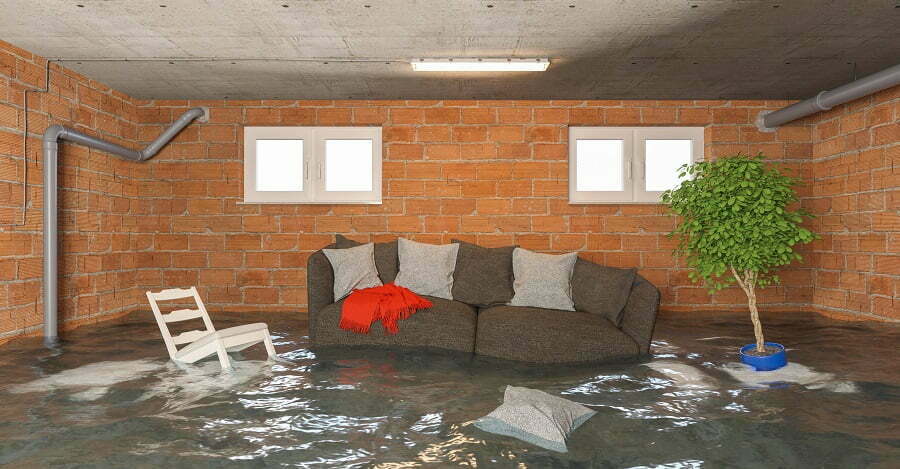
Basement flooding is a significant concern for households in regions where basements are widespread. Basements flood for a variety of reasons, including plumbing issues, leaky windows, and a leaking foundation, among others.
Waterproofing your basement can help prevent floods and structural or mold damage to your property. Waterproofing professionals can protect your basement from flooding by installing sump pumps, which move water from the basement to the outside if it floods.
Weather
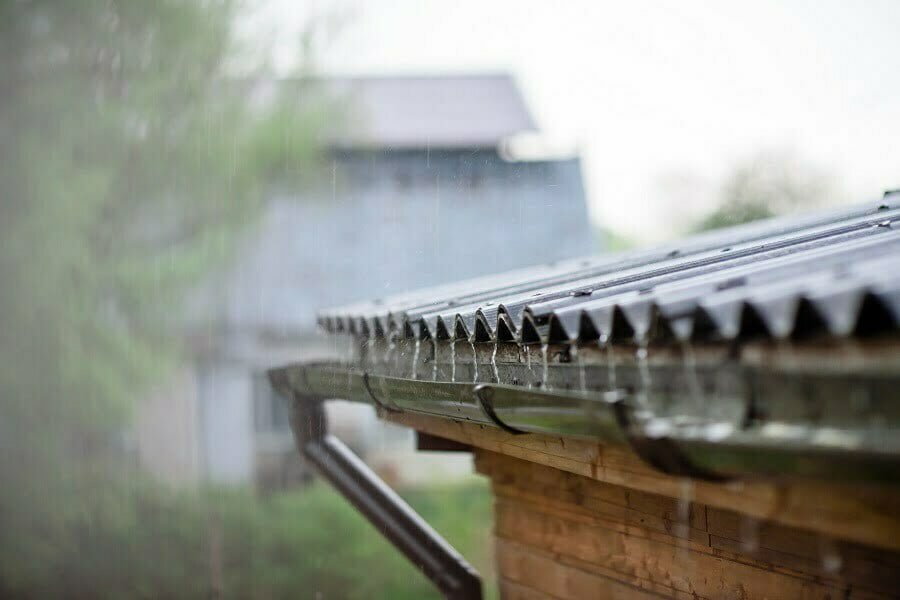
While you can’t control terrible weather, you can prepare for it by keeping your house in good condition. It is also critical to get house insurance that covers potential hazards.
If you reside in a location prone to severe storms, make sure your homeowner’s insurance covers water-related damage from floods and weather-related disasters. Talking to an insurance representative if you have any questions about what your policy covers is a good idea.
Water damage to your house can also be caused by severe weather conditions. Storms, such as hurricanes, can cause damage to your property, allowing water to penetrate and cause a slew of problems. Floods can inundate your property, resulting in pricey repairs.
Follow these steps, and you’ll protect your home from any possible damage that might happen and save yourself a lot of money and energy.
Recap



